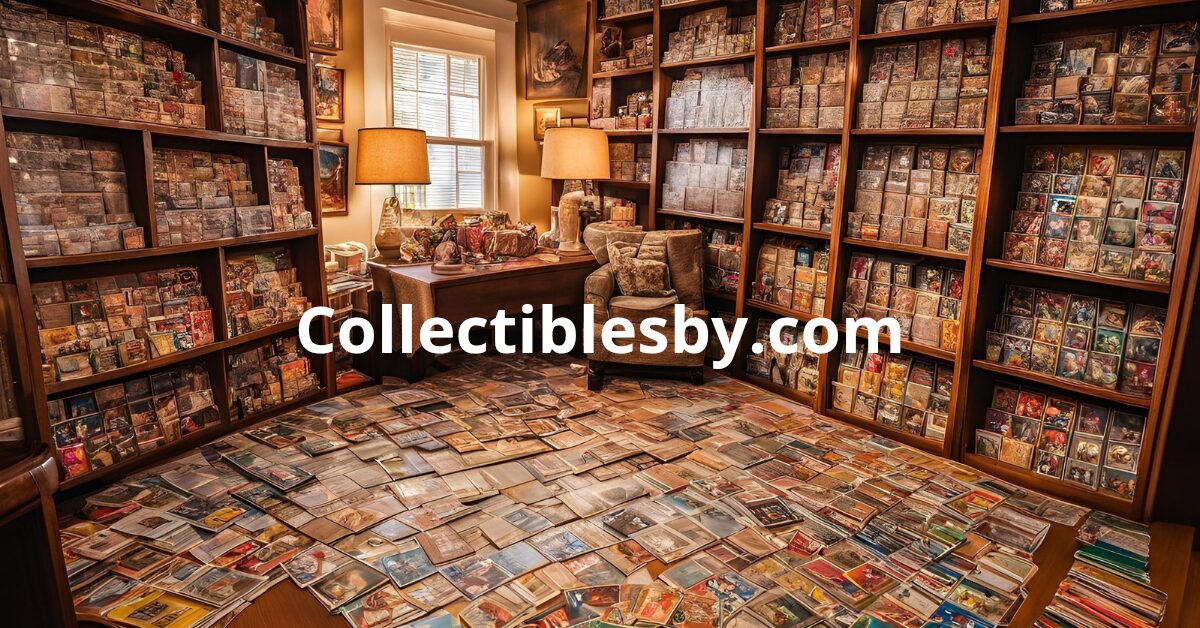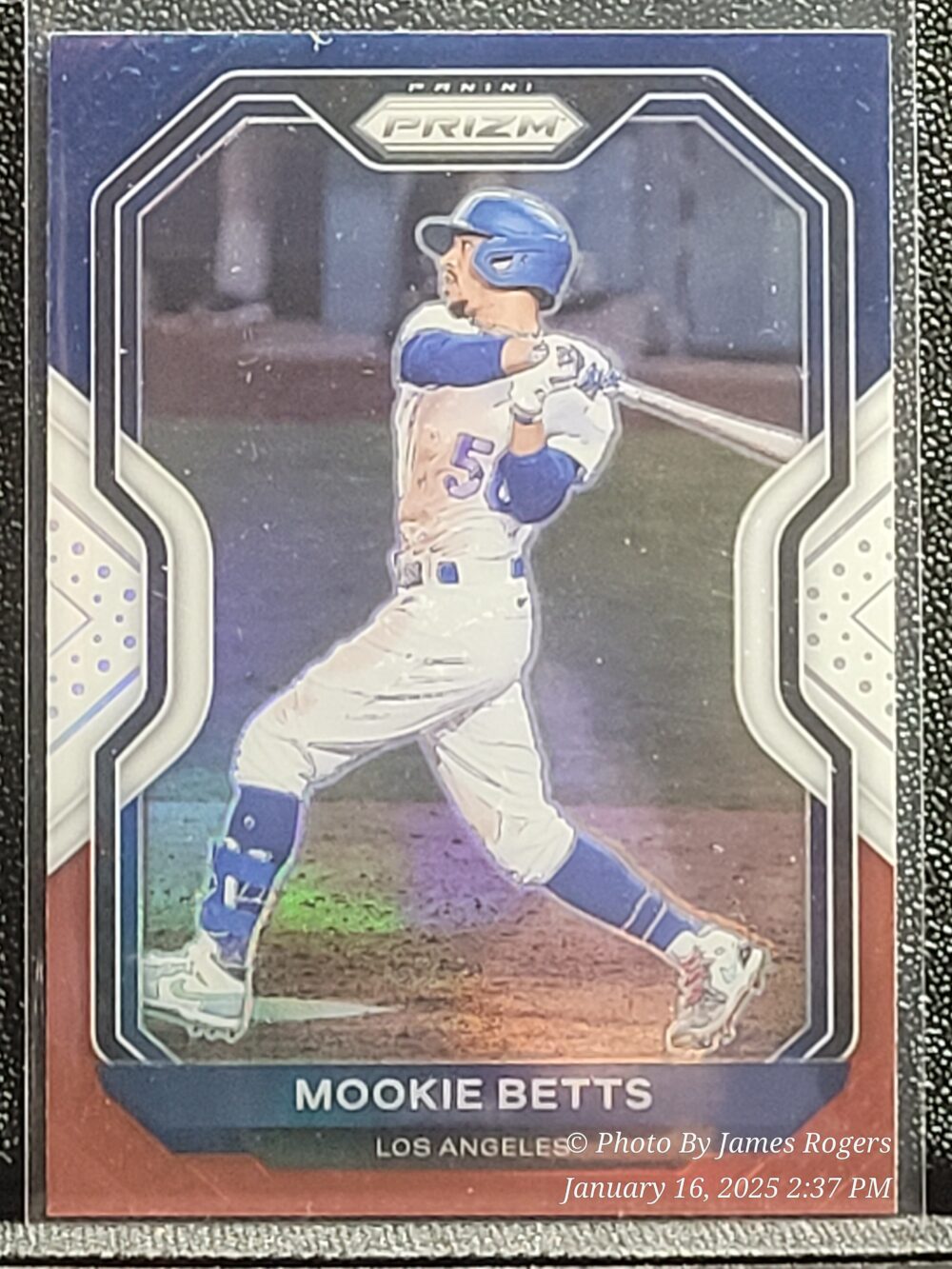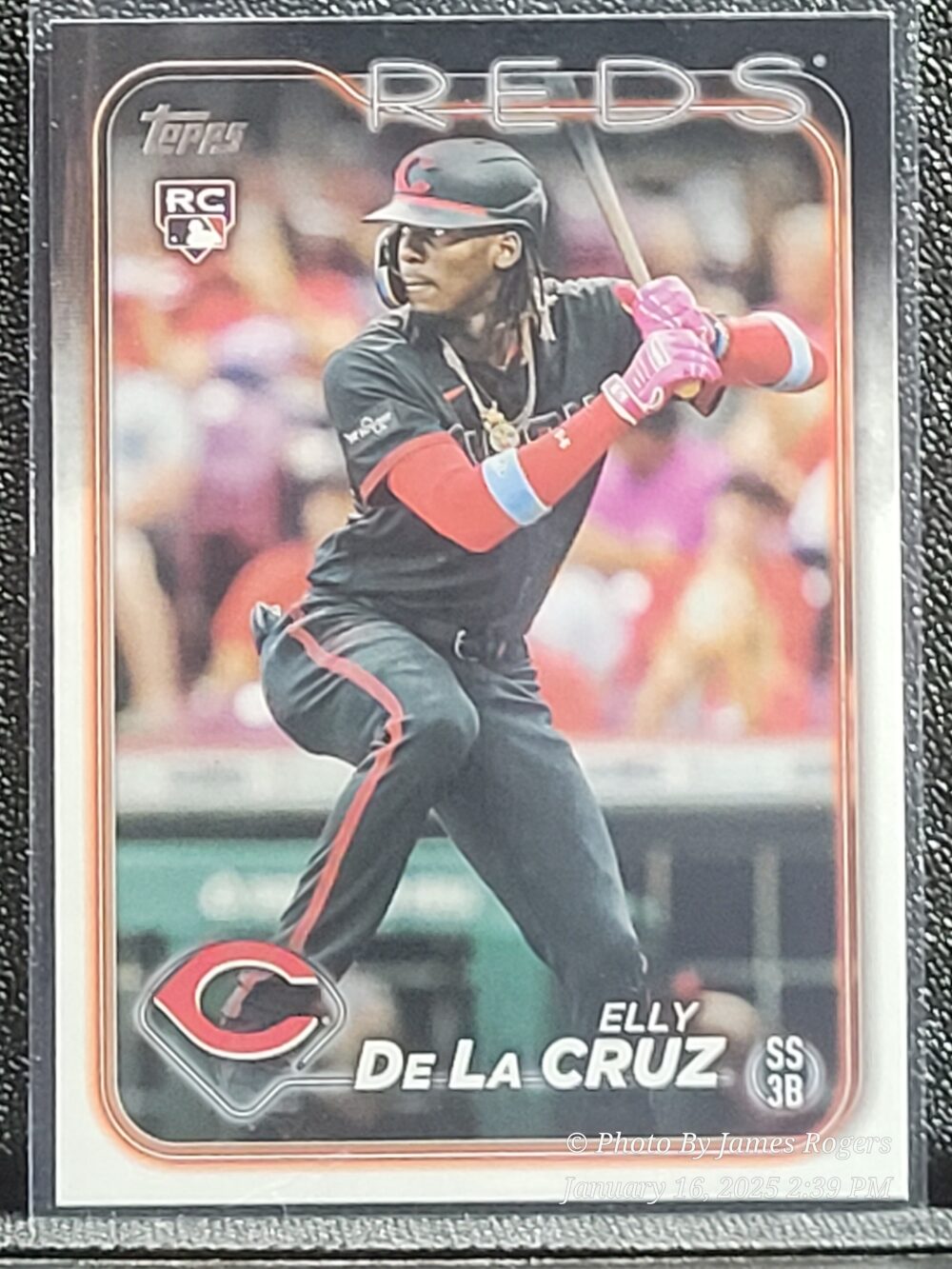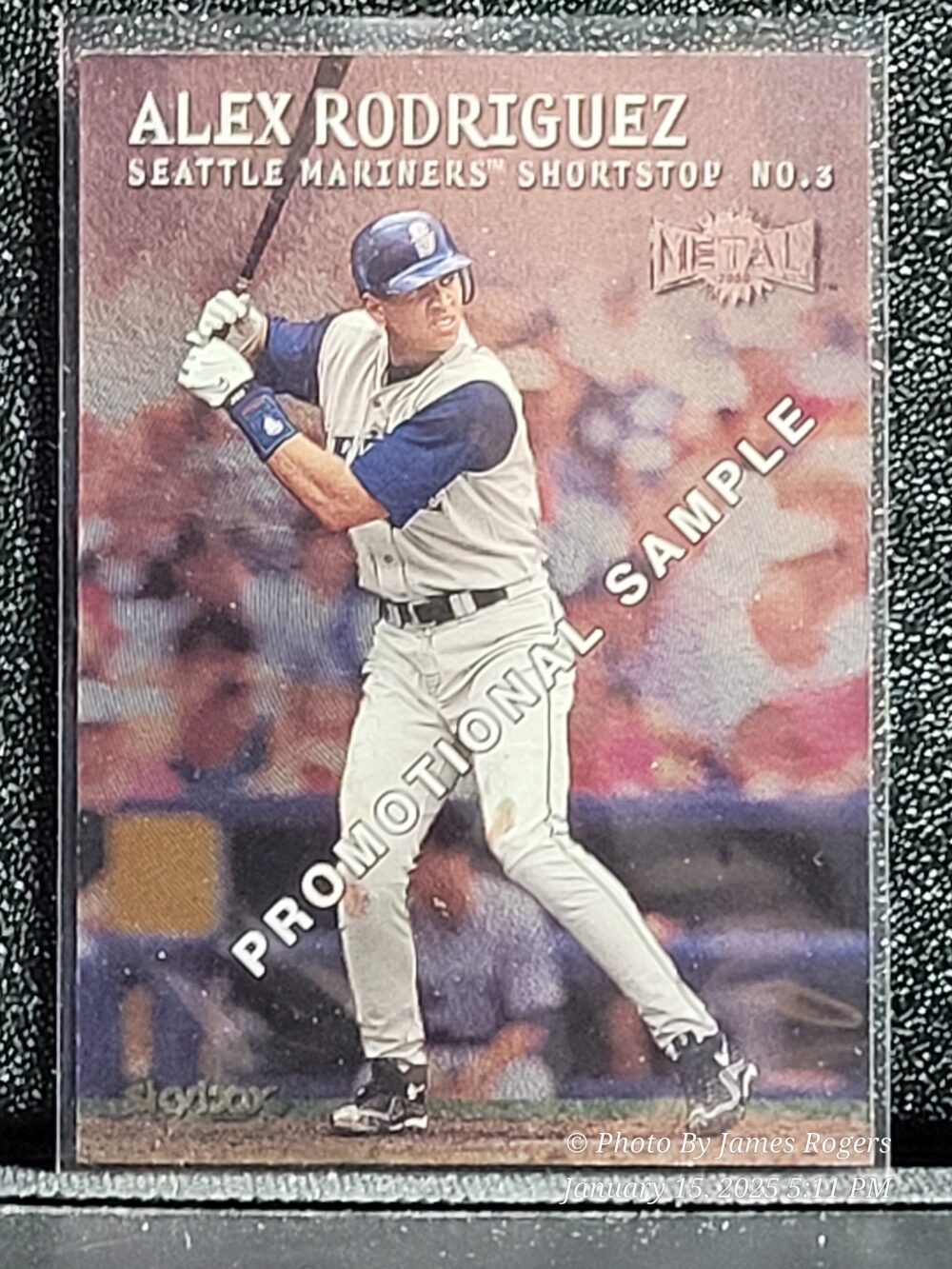From Dugout to Digital: How to Sell Your Baseball Card Collection Online
The satisfying snap of a wax pack, the thrill of pulling a rookie card, the meticulous organization of binders – these are the hallmarks of a cherished baseball card collection. But times change, and sometimes the urge to downsize, upgrade, or simply capitalize on your collection’s value arises. Luckily, the digital age has opened up a world of possibilities for selling your baseball cards online, connecting you with eager buyers across the globe. This comprehensive guide will walk you through the process, from assessing your collection to packaging your cards for shipment, ensuring you get the best possible return on your investment.
1. Assessing Your Collection: Knowing What You Have is Key
Before diving into the online marketplace, you need a clear picture of what you own. This involves more than just counting cards; it requires careful evaluation of their condition, rarity, and overall market demand.
- Inventory and Organization: Start by cataloging your collection. Spreadsheets or dedicated card collecting apps can be invaluable tools for this. Note the card’s year, manufacturer, player, card number, and any special designations (e.g., rookie card, autographed, error card). Organize your cards by set, year, or player to make the assessment process smoother.
- Condition is King (or Queen): The condition of a card significantly impacts its value. Use a standardized grading scale (e.g., PSA, Beckett) to assess each card. Consider factors like centering, corners, edges, surface, and overall eye appeal. While professional grading can be expensive, it’s often worthwhile for high-value cards, as it provides an objective and trusted assessment. For lower-value cards, a careful self-assessment using established grading guidelines will suffice.
- Rarity and Demand: Some cards are simply rarer than others, due to limited print runs, production errors, or special promotions. Research the print runs of your cards and identify any key rookies, short prints, or variations. Check online marketplaces and price guides to gauge current market demand for specific cards. Popular players, rookie cards, and cards in high grades generally command the highest prices.
- Key Cards vs. Commons: Every collection has its gems and its filler. Identify the key cards in your collection – these are the ones that will attract the most attention and drive the bulk of your sales. Common cards, while part of the set, often have minimal individual value and may be best sold in lots.
2021 PANINI PRIZM BASEBALL RED/WHITE/BLUE 244 MOOKIE BETTS DODGERS
2021 PANINI PRIZM BASEBALL RED/WHITE/BLUE #244 MOOKIE BETTS DODGERS
1 in stock
2. Choosing the Right Online Platform:
Several online platforms cater to the buying and selling of collectibles, each with its own strengths and weaknesses. Consider your collection’s size, value, and your comfort level with different platforms when making your choice.
- eBay: The behemoth of online marketplaces, eBay offers a massive audience of potential buyers. Its auction format can drive up prices for desirable cards, but it also involves listing fees and competition. eBay is a good option for a wide range of cards, from commons to high-value rookies.
- COMC (Check Out My Cards): COMC specializes in trading cards and offers a streamlined platform for buying and selling. They handle storage, scanning, and shipping, making it convenient for sellers. However, their fees can be higher than other platforms, and you’ll need to send your cards to their facility. COMC is ideal for sellers with a large number of cards, especially those who prefer a hands-off approach.
- MySlabs: This platform focuses specifically on graded cards, providing a dedicated marketplace for collectors seeking professionally authenticated items. If your collection heavily features graded cards, MySlabs can be a good option to target serious collectors.
- Social Media Groups and Forums: Facebook groups, Reddit communities, and dedicated collecting forums can be valuable avenues for selling directly to other collectors. These platforms often have lower fees than established marketplaces, but they require more direct interaction with buyers and may involve a smaller audience. They are particularly useful for niche or specialized collections.
- Consignment Services: If you have a high-value collection and prefer a hands-off approach, consider using a consignment service. These companies will handle the entire selling process for you, from grading and listing to shipping and payment. However, they will take a percentage of your sales as commission.
3. Listing Your Cards Effectively:
The way you present your cards online can significantly impact their appeal and the prices you receive.
- High-Quality Images: Clear, well-lit photographs are essential. Take multiple photos of each card, showcasing the front, back, corners, and any potential flaws. For graded cards, include photos of the slab and the label. Use a neutral background and avoid glare.
- Detailed Descriptions: Provide accurate and comprehensive descriptions of each card. Include the year, manufacturer, player, card number, grade (if applicable), and any relevant details. Highlight any unique features or flaws. Honesty is crucial – accurately represent the condition of your cards to avoid disputes and negative feedback.
- Competitive Pricing: Research recent sales data for similar cards to determine a fair and competitive price. Consider using auction-style listings for highly desirable cards and fixed-price listings for more common ones. Be open to negotiation, especially for larger lots or multiple purchases.
- Keywords and Search Optimization: Use relevant keywords in your listings to make them easily searchable. Include terms like the player’s name, card type (e.g., rookie card, autograph), set name, and grade.
Elly De La Cruz 2024 Topps Baseball Series 1 Rookie Card 141 Reds
Elly De La Cruz 2024 Topps Baseball Series 1 Rookie Card #141 Reds NM-MT
1 in stock
4. Packaging and Shipping with Care:
Once a sale is made, it’s crucial to package and ship your cards safely to ensure they arrive in the same condition they were sold.
- Protective Packaging: Use appropriate supplies to protect your cards during transit. For individual cards, use penny sleeves, top loaders, and team bags. For graded cards, use slab protectors. For larger lots, consider using cardboard boxes or bubble mailers.
- Secure Shipping: Choose a reliable shipping carrier and consider adding tracking and insurance, especially for high-value items. Communicate clearly with the buyer about shipping costs and estimated delivery times.
- Professionalism and Communication: Maintain professional communication with buyers throughout the process. Respond promptly to inquiries and address any concerns. Leave positive feedback after a successful transaction.
5. Managing Payments and Avoiding Scams:
Protecting yourself from scams and ensuring secure payment is essential when selling online.
- Secure Payment Methods: Use secure payment platforms like PayPal or managed payments offered by the marketplace. Avoid accepting personal checks or money orders, as these can be easily fraudulent.
- Buyer Verification: Take steps to verify the identity of buyers, especially for high-value transactions. Check their feedback ratings and transaction history.
- Scam Awareness: Be aware of common scams, such as overpayment schemes, requests to ship to a different address, and counterfeit payment methods. If something seems too good to be true, it probably is.
6. Building a Reputation and Growing Your Sales:
Building a positive reputation as a seller is crucial for long-term success.
- Excellent Customer Service: Provide prompt and courteous customer service. Address any issues quickly and professionally.
- Positive Feedback: Encourage buyers to leave positive feedback after a successful transaction. Positive feedback builds trust and attracts more buyers.
- Consistent Listings: Regularly list new cards to keep your inventory fresh and attract repeat customers.
- Community Engagement: Engage with other collectors in online forums and social media groups. Building relationships can lead to more sales opportunities.
Conclusion:
Selling your baseball cards online can be a rewarding experience, both financially and personally. By carefully assessing your collection, choosing the right platform, listing your cards effectively, and packaging them with care, you can connect with collectors around the world and share your passion for the hobby. Remember to be patient, persistent, and always prioritize honesty and integrity. With a little effort and knowledge, you can turn your collection from a cherished pastime into a profitable venture.
2000 Skybox Baseball Metal Alex Rodriguez 100 Promotional Sample
2000 Skybox Baseball Metal Alex Rodriguez #100 Promotional Sample
1 in stock
Feel free to share my articles on your site, page or group etc., as written with all links, the articles do provide related searchable content for you. You can link to the Sports Cards Blog or my RSS Feed, to use content also, Contact me anytime
Thank you for your time,
James …




